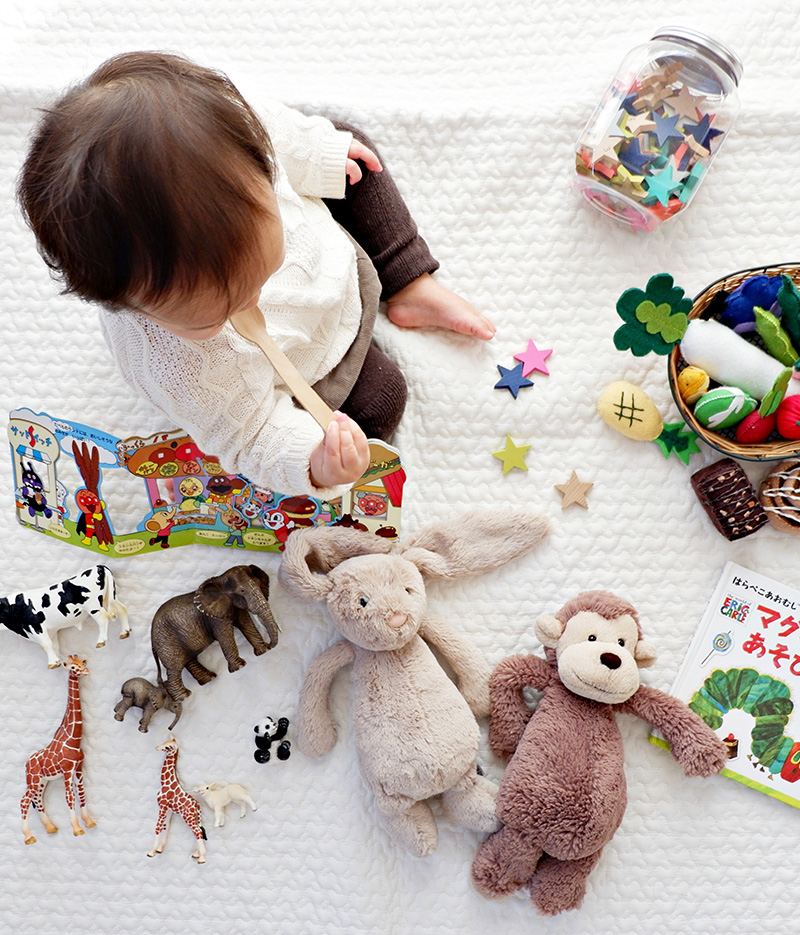About Us
Welcome to the London Child and Family Therapy Centre. We are a new centre, in the heart of London, consisting of a team of Chartered Clinical Psychologists, Systemic Psychotherapists and Behavioural Psychotherapists.

CBT
Cognitive Behaviour Therapy, an effective form of psychotherapy which helps overcome a number of difficulties

SYSTEMIC FAMILY THERAPY
is effective and often more cost effective towards identifying stagnant patterns of behaviours that may be creating barriers to growth and development for the individual, family or groups.

PSYCHOTHERAPY
Extremely useful when aiming to identify and explore patterns of belief and behaviour in roles and relationships
In our clinic we offer support to children, adolescents, adults, couples and families to explore, treat, overcome and manage a range of relational, psychological, emotional and behavioural problems, including:
Anxiety Depression Panic Attacks ADHD ASD Eating Disorders
Personal/Professional Conflicts Post-Traumatic Stress Disorder Stress
Obsessive Compulsive Disorder Phobias Psychosexual Dilemmas Low Self Esteem
Self Development Sleep Disorders Early Onset of Psychosis Bereavement
Our Services
Our therapists practice from a range of therapeutic models including Cognitive Behavioural Therapy, Systemic Psychotherapy, Behavioural Therapy and Integrative counselling.
Assesment
Prior to the commencement of treatment, all practitioners will recommend an assessment, which will include the child and family.
It usually takes 90 minutes. During the assessment, you and your child may be asked to complete a number of short questionnaires, an intake form and a confidentiality form.
The main aim of the assessment will be to assess the difficulties, their development and maintenance and to ascertain how to best proceed in order to meet the needs of your child and family.
At the end of the assessment, the practitioner will discuss treatment recommendations and timeframe.


Liaison with Schools
We have worked with teachers, local authorities and Special Educational Needs Co-ordinators for a number of years. It is very important, when working with children, to ensure that schools are onboard and understand the difficulties.
Schools are often very aware of the problems and welcome professional advice. Dr. Lineton and Dr. Conallen are able to offer professional advice and specialist training in schools.
Behavioural Assessment
Both Dr. Lineton and Dr. Conallen have worked extensively with children presenting with behavioural difficulties and their families. When working with children who are struggling with behavioural excesses, it is very important and helpful to get an understanding of where these occur and how they are maintained.
Moreover, there are often different behaviours occurring in the home and the school. Therefore, we will often do both a home and a school observation to ascertain any differences and to understand how the behaviours function in a child’s life.


Cognitive Behaviour Therapy
Cognitive Behaviour Therapy (CBT) is a form of psychotherapy which is short term and has been shown to be effective in helping both adults and children overcome a number of difficulties (including depression and anxiety). CBT is not a single therapy.
Instead it’s modern form developed from behaviour therapy, as it was known in the 1950’s and 1960’s and cognitive therapy since the 1970’s. There have been many articles and books written on CBT for a number of clinical presentations.
More about CBT
CBT basis itself on the understanding that our emotional difficulties and behaviours are as a result of our ‘cognitions’ (i.e. our thoughts, beliefs, interpretations) about the situation. Hence, it is not the situation itself which results in difficult feelings and behaviours; it is dependent on the way we interpret the situation. This becomes clearer to us if we think about how the same situation can affect us in very different ways. For example, a person who finds thunderstorms soothing, will be able to sleep through the storm. However, another individual who is terrified of storms will lay awake worrying about them. This is because they see thunderstoms differently, hence they react very differently. CBT is the recommended first line treatment for a number of conditions, as outlined by the National Institute of Clinical Excellence.
National Institute of Clinical Excellence Guidelines (NICE) for Children and Adolescents
This is an independent organisation which is responsible for providing national guidelines on treatments for a number of presentations. There aren’t NICE guidelines for all of the child and adolescent difficulties. However, below is a few of the most common presentations.
Depression
Anxiety (please note that there are no guidelines for anxiety in children)
Conduct Disorder
Attention Deficit Hyperactivity Disorder
Although NICE guidelines have not be developed for all child and adolescent difficulties, you can find information on empirically supported treatments options from the AmericanAssociation for Behavioural and Cognitive Therapies.
Dr. Waddington, Dr Ferguson and Dr Gehl use Cognitive Behaviour Therapy (CBT) with children and adolescents who are struggling with a number of difficulties including adjustment problems, anxiety, depression and behavioural difficulties. CBT is goal driven and short term so that there are usually between 12-20 sessions. It is often recommended that once the main bulk of therapy has terminated, one or two follow up sessions are scheduled to ensure gains are maintained. CBT is empirically based and is the recommended intervention by the NICE guidelines (National Institute for Clinical Excellence) for treating anxiety and depression in children.
Systemic Psychotherapy
Systemic psychotherapy has been found effective and in many cases is more effective than alternative interventions as it considers the person as a whole and works with all the systems connected to them. It is effective through the life cycle developmental stages of birth to old age.
Systemic family therapy is effective for a wide range of difficulties such as individual or family mental health illnesses; adjustment to chronic physical illnesses, behavioural issues; ADHD; ASD; BDD; OCD; eating disorders such as anorexia, bulimia and obesity; drug, alcohol and substance abuse; early onset of psychosis; relational conflicts; psychosexual problems; emotional issues such as anxiety, depression, grief, bipolar disorder, self-harm and suicidality.
More on Systemic Psychotherapy
Systemic family therapy works with individuals or a group of people closely connected to explore the problem in the context of the whole person or unit. This enables the therapist to work collaboratively with individuals to understand the problem in depth and support them to create new resources that can help decrease stress in the system whilst increasing the well-being of the individual and their family. Systemic family therapy work includes psychotherapy, psycho-education and some directive work similar to CBT interventions i.e. writing journals, setting up experiments and exploring the outcomes of exposures.
Systemic therapy is also effective in an organisational setting where individual moral values have been dented and an intervention is required to improve the dynamics, which will allow the organisation to be more efficient and productive. Dipti Shah is available to provide bespoke consultations to organisational directors and managers in areas of stress and anger management. Dipti has over 25 years of experience of working in diverse settings offering consultation support to individuals, teams and organisation leaders.


Clinical Supervision
Mrs. Dipti Shah is able to provide clinical supervision using a systemic lens to counsellors and psychotherapists from other modalities.
Dipti has gained extensive experience in providing systemic supervision throughout her role as a Clinical Manager to a large team of Psychologists and Psychotherapists as well as in her role of a Systemic Therapist at Priory Hospital Chelmsford.
Dipti also provides clinical supervision to her colleagues at the LCFTC.
Co-Parenting Sessions
Are your differences affecting your parenting decisions? Dipti Shah can offer you a neutral space to explore your individual values behind the beliefs and ideas informing your choices. For bi-cultural, separated or multi-family parents, these differences may become even more complex than for parents whose views are informed by the similar family cultures.
Parents may become divided during the family’s developmental times, such as life cycle transitions, when there are strong emotions being influenced by each parent’s historical experiences and the demands triggered by the present family needs. These demands quite often require a shift at the belief level to prepare the family to manage the challenges of the changing times.
A non-judgemental facilitated space to explore these invisible processes can be both empowering and useful to help you work collaboratively together towards co-creating new values informed by the families present needs.

